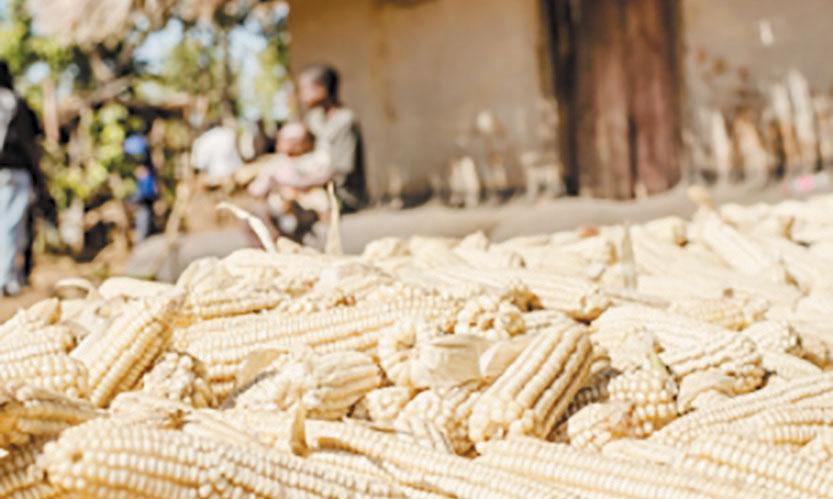Africa-Press – Malawi. The International Monetary Fund (IMF) has slashed Malawi’s gross domestic product (GDP) growth prospects for 2022 from 2.7 percent in April to 0.9 percent.
This is contained in a World Economic Outlook Report for October 2022 titled ‘Countering the Cost-of-Living Crisis’, released by the fund on Tuesday during its annual meetings currently underway in Washington DC, United States of America. The IMF says it expects the local economy to grow by 2.5 percent in 2023 before strengthening further to 4.5 percent by 2027.
If the IMF growth prospects come to pass, it would mean Malawi has a mountain to climb to reach the lower middle income economy status which the country so much desires by 2030, according to the First 10-year Malawi Implementation Plan (MIP-1).
According to MIP-1, Malawi must grow her economy by at least six percent per annum to meet the lower middle income economy status by 2030. Economics Association of Malawi (Ecama) Executive Director Frank Chikuta Wednesday said low growth means low economic activity, hence low employment and incomes.
Chikuta said low growth results in lower living standards and less tax revenue for the government to spend on public service delivery. “Obviously, lower growth is a cause for worry as it affects the performance of both the public and private sectors through lower government revenues and low demand for goods and services.
“The other cause for worry is the impact on living standards,” Chikuta said.
Centre for Research and Consultancy Director Milward Tobias said the slashing of economic growth prospects was expected given the persistent electricity blackouts and shortage of foreign exchange, both of which have suppressed industrial production and business activities.
“The economic picture is very bleak. There is a clear lack of leadership to weather the crisis. Economists have said what needed to be said. What is lacking is leadership.
“Slow growth means continued poverty. It threatens the achievement of Malawi’s 2063 objective for the country to become a middle income economy. It is a cause for great concern,” Tobias said.
Finance Minister Sosten Gwengwe was not immediately available for a comment. According to the report, global economic activity is experiencing a broad-based and sharper-than-expected slowdown, with inflation higher than seen in several decades.
It says the cost-of-living crisis, tightening financial conditions in most regions, Russia’s invasion of Ukraine, and the lingering Covid pandemic all weigh heavily on the outlook.
The fund says global growth is forecast to slow from 6.0 percent in 2021 to 3.2 percent in 2022 and 2.7 percent in 2023. This is the weakest growth profile since 2001 except for the global financial crisis and the acute phase of the Covid pandemic.
Global inflation is forecast to rise from 4.7 percent in 2021 to 8.8 percent in 2022 but to decline to 6.5 percent in 2023 and to 4.1 percent by 2024.
The Bretton Woods institution says monetary policy should stay the course to restore price stability, and fiscal policy should aim to alleviate the cost-of-living pressures while maintaining a sufficiently tight stance aligned with monetary policy.
It further says structural reforms can further support the fight against inflation by improving productivity and easing supply constraints, while multilateral cooperation is necessary for fast-tracking the green energy transition and preventing fragmentation.
For More News And Analysis About Malawi Follow Africa-Press






